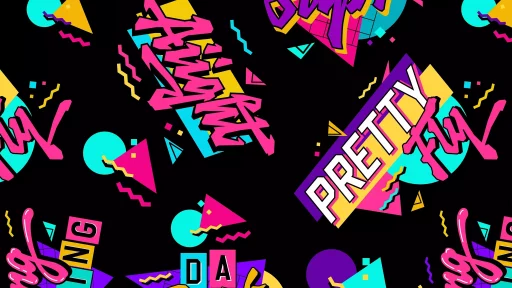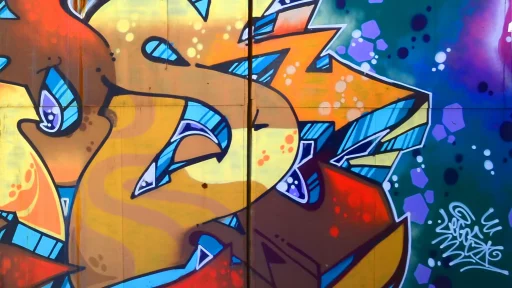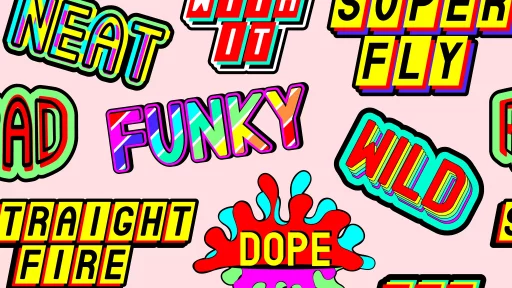Introduction to Yellow Fever Slang
Slang is an ever-evolving aspect of language that reflects culture, trends, and social dynamics. One particularly interesting form of slang is ‘yellow fever,’ which has garnered attention in the realms of social media, dating, and even pop culture. In this article, we will explore what yellow fever slang denotes, its origins, examples, social implications, and more.
Defining Yellow Fever Slang
At its core, yellow fever slang usually refers to a specific attraction to individuals of Asian descent, particularly in a romantic or sexual context. This term is often seen as problematic and fetishizing, as it reduces individuals to stereotypes based on their ethnicity.
The Etymology and Origins
The term ‘yellow fever’ originally came into popular use as a derogatory slang term in the late 20th century. It highlighted a perceived ‘exoticism’ surrounding Asian individuals, particularly among non-Asian people. It stems from historical perceptions and racial stereotypes, drawing on the ‘yellow’ stereotype attributed to Asian cultures.
Examples of Yellow Fever Slang
Here are some examples to illustrate how yellow fever slang is utilized in various contexts:
- Social Media Usage: On platforms like TikTok and Twitter, users may jokingly refer to their attraction to someone Asian as “catching yellow fever.”
- Dating Profiles: Individuals might use the term in a light-hearted manner, stating that they have a “bit of yellow fever,” indicating their preference for dating Asian partners.
- Pop Culture References: Movies or TV shows sometimes include characters who express an exaggerated preference for Asian individuals, thus perpetuating the stereotype.
The Social Implications of Yellow Fever Slang
While some people might perceive yellow fever slang as harmless or humorous, many view it as problematic. This slang can contribute to a cultural narrative that objectifies Asian individuals, reducing them to mere tropes rather than recognizing them as complex individuals. Here are some implications:
- Fetishization: The concept contributes to the fetishization of Asian people, where they are viewed more as objects of desire than as full human beings.
- Reinforcement of Stereotypes: By using yellow fever slang, users may reinforce stereotypes related to submissiveness, exoticism, or other caricatures.
- Exclusionary Practices: It may lead to exclusionary dating practices, whereby individuals feel attracted only to those of a certain background.
Statistics and Case Studies
Research indicates that racial preferences in dating can be problematic. A 2017 study published in the journal Social Psychology noted that individuals who expressed preferences influenced by race often held underlying biases.
Another case study from a 2021 article in The Atlantic examined online dating trends and found that Asian women faced hypersexualization in their dating profiles. About 65% of the surveyed Asian women reported encountering situations where they felt fetishized by potential partners who explicitly mentioned a “yellow fever” attraction.
Taking Responsibility and Moving Forward
It is vital for society to reflect on the implications of yellow fever slang. Here are some steps individuals can perform to promote a healthier discourse:
- Engage in self-reflection to understand underlying biases and preferences.
- Support education that promotes awareness about stereotypes and fetishization.
- Encourage open dialogues about race, attraction, and diversity in relationships.
Conclusion
Yellow fever slang represents a complex intersection of attraction, culture, and race. While it may seem benign on the surface, it warrants careful consideration and sensitivity. By educating ourselves and being mindful of the implications of our words, we can contribute to a more respectful, inclusive dialogue surrounding love and attraction.




